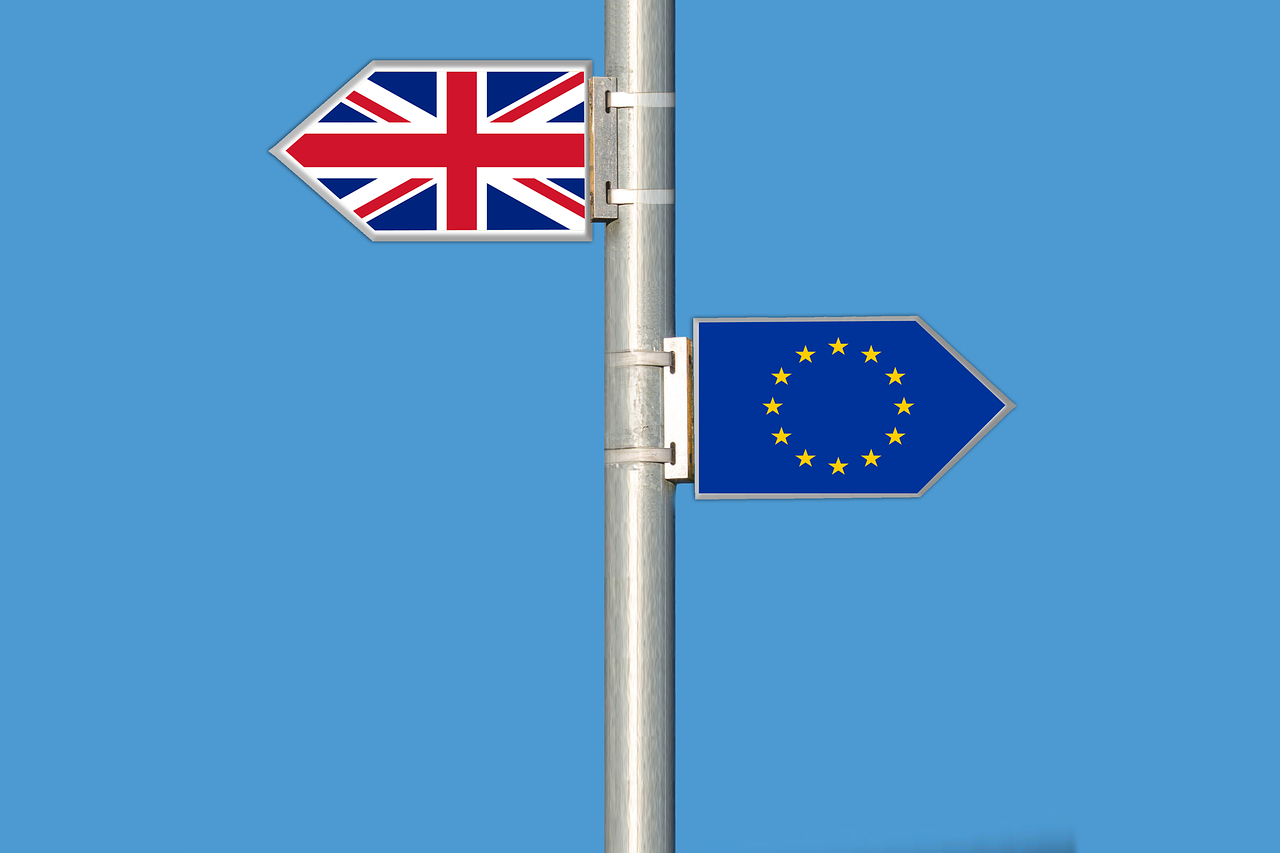Brexit: Protocol on Ireland and Northern Ireland - What could it mean for EU farmers?

Brexit has been a topic of concern for many industries, and agriculture is no exception. The Protocol on Ireland and Northern Ireland, which forms part of the UK's withdrawal agreement from the European Union, aims to avoid a hard border between Northern Ireland and Ireland while also maintaining the integrity of the EU's single market. While the Protocol provides clarity on the border issue, it has raised questions about the impact on EU farmers who export their goods to Northern Ireland and the rest of the UK.
In this blog post, we will explore some of the potential implications of the Protocol for EU farmers.
Agri-food products, plants and plant products
The position paper on agri-food, plants, and pet animals related to the Protocol on Ireland/Northern Ireland proposes a range of measures aimed at maintaining the free movement of agri-food products and plants between Northern Ireland and Ireland, as well as between Northern Ireland and the rest of the UK, while also protecting animal and plant health and preventing the spread of diseases. The paper calls for a flexible and risk-based approach to regulation and inspection to minimize disruption to trade. Some examples of the proposals include:
- The establishment of a joint committee between the EU and UK to oversee the implementation of the Protocol and address any issues that arise.
- The use of trusted trader schemes and simplified customs procedures to minimize disruption to trade.
- The development of a "Plant Health Zone" in Northern Ireland, which would facilitate the free movement of plants and plant products between Northern Ireland and Ireland, as well as the rest of the UK.
- The adoption of a flexible and risk-based approach to regulation and inspection to minimize disruption to trade while protecting animal and plant health.
- The development of specific solutions for certain plant products, such as potatoes, which are subject to specific requirements under EU law.
The proposals related to agri-food products and plants aim to maintain the flow of trade in these products while also protecting animal and plant health. For example, the creation of a Plant Health Zone in Northern Ireland would help to ensure that agricultural businesses in Northern Ireland can continue to trade in plants and plant products without disruption, which is particularly important for farmers who rely on the export of these products. The adoption of a flexible and risk-based approach to regulation and inspection would also help to minimize disruption to trade while protecting animal and plant health.
Tariff rate quotas and other import quotas
The proposed regulation amending Regulation (EU) 2020/2170 as regards the application of Union tariff rate quotas and other import quotas to certain products transferred to Northern Ireland aims to provide clarity and certainty regarding the application of quotas to goods transferred to Northern Ireland from the rest of the UK. Some examples of the proposals include:
- The allocation of quotas to Northern Ireland in a manner that is consistent with EU law and ensures fair access to the market for Northern Irish businesses.
- The monitoring and enforcement of quotas to ensure compliance with EU regulations.
- The provision of clear guidance to businesses on the application of quotas and other import requirements.
These aim to provide clarity and certainty regarding the application of quotas to goods transferred to Northern Ireland from the rest of the UK. This could benefit farmers who export their goods to Northern Ireland and the rest of the UK by ensuring fair access to the market for Northern Irish businesses and providing clear guidance on the application of quotas and other import requirements.
Non-commercial movements of pet animals
The proposal for a regulation on specific rules relating to the entry into Northern Ireland from other parts of the UK of certain consignments of goods and animals, as well as non-commercial movements of certain pet animals into Northern Ireland, aims to protect animal and plant health and prevent the spread of diseases. Some examples of the proposals include:
- The requirement for pet owners to have their animals microchipped and vaccinated against rabies before they can enter Northern Ireland.
- The requirement for consignments of plants and plant products to be accompanied by a phytosanitary certificate to ensure compliance with EU plant health regulations.
- The use of flexible and risk-based approaches to regulation and inspection to minimize disruption to trade while protecting animal and plant health.
These proposals aim to protect animal and plant health and prevent the spread of diseases. For example, the requirement for pet owners to have their animals microchipped and vaccinated against rabies before they can enter Northern Ireland could help to prevent the spread of diseases and protect animal and plant health, which is important for farmers who rely on healthy animals and plants to produce their goods. The use of flexible and risk-based approaches to regulation and inspection would also help to minimize disruption to trade while protecting animal and plant health.
The Protocol on Ireland and Northern Ireland has the potential to impact EU farmers who export their goods to Northern Ireland and the rest of the UK, but the actual impact will depend on the specific goods and animals involved and the nature of trade relationships between Northern Ireland and the rest of the UK. While the proposed simplifications in the area of customs, the development of specific solutions for plants and plant products, the regulation of tariffs and import quotas, and the proposal on specific rules relating to the entry of goods and animals could all impact EU farmers to varying degrees, the full extent of the impact remains to be seen. However, by taking a flexible and risk-based approach to regulation and inspection, and by prioritizing the protection of animal and plant health, the Protocol seeks to minimize disruption to trade while ensuring fair access to the market and protecting the interests of farmers and businesses on both sides of the border.
You can find more information about the protocol at the Commission website.

